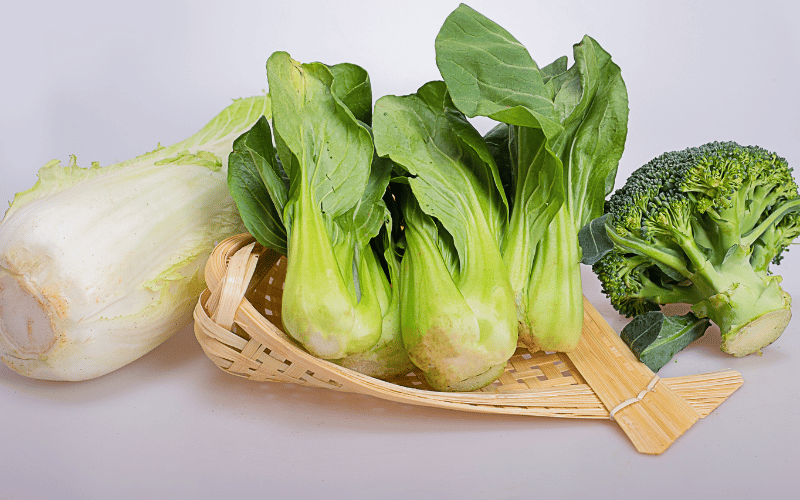Introduction: Navigating Nutrition for Diabetes Management
Living with diabetes requires a thoughtful approach to diet, as the foods you eat have a direct impact on your blood sugar levels, overall health, and well-being. Making informed food choices can help manage blood sugar levels more effectively, reduce the risk of complications, and improve quality of life.

This article aims to shed light on the top 10 foods that are particularly beneficial for those with diabetes, providing tasty and nutritious options to incorporate into your daily meals.
A balanced diet for diabetes isn’t just about avoiding sugar; it’s about eating a variety of nutrient-rich foods in the right proportions. This ensures a steady release of energy throughout the day and helps in maintaining stable blood sugar levels. It’s crucial to focus on whole, minimally processed foods that are high in fiber, protein, and healthy fats. These nutrients slow down the digestion and absorption of carbohydrates, leading to a more gradual rise in blood sugar levels.
By incorporating the foods highlighted in this article, you can enjoy diverse, flavorful meals while taking a significant step toward better diabetes management. These foods not only offer benefits for blood sugar control but also contribute to overall health, providing essential vitamins, minerals, and antioxidants. So, let’s dive into the top 10 foods that can make a positive impact on your diabetes management journey.
1. Leafy Greens: A Nutrient-Dense Choice for Blood Sugar Management

Leafy green vegetables are a powerhouse of nutrients, making them an excellent choice for anyone, especially those managing diabetes. High in fiber and low in calories, they have a minimal impact on blood sugar levels.
Spinach, kale, and Swiss chard are just a few examples of leafy greens that you can incorporate into your diet. They are packed with vitamins and minerals, including vitamin A, C, and K, as well as magnesium, which plays a crucial role in blood sugar control.
Not only do leafy greens contribute to overall health, but they also offer versatility in the kitchen. You can enjoy them raw in salads, blend them into smoothies, or sauté them for a warm side dish. The fiber content in these vegetables helps slow down the absorption of glucose, leading to more stable blood sugar levels after meals. This makes them a smart choice for those looking to manage their diabetes effectively.
Incorporating a variety of leafy greens into your diet ensures you reap the benefits of their diverse nutrient profiles. For instance, kale is rich in antioxidants, which can help combat inflammation and support cardiovascular health. Spinach, on the other hand, is a good source of iron, essential for transporting oxygen throughout the body. Regularly including these foods in your meals can contribute to better blood sugar control and overall well-being.
To make the most of leafy greens, aim to include a serving at each meal. This could be a handful of spinach in your morning smoothie, a mixed greens salad for lunch, or a side of sautéed Swiss chard at dinner. By doing so, you’re not just adding variety and flavor to your meals; you’re also taking a proactive step in managing your diabetes and supporting your health. (1)